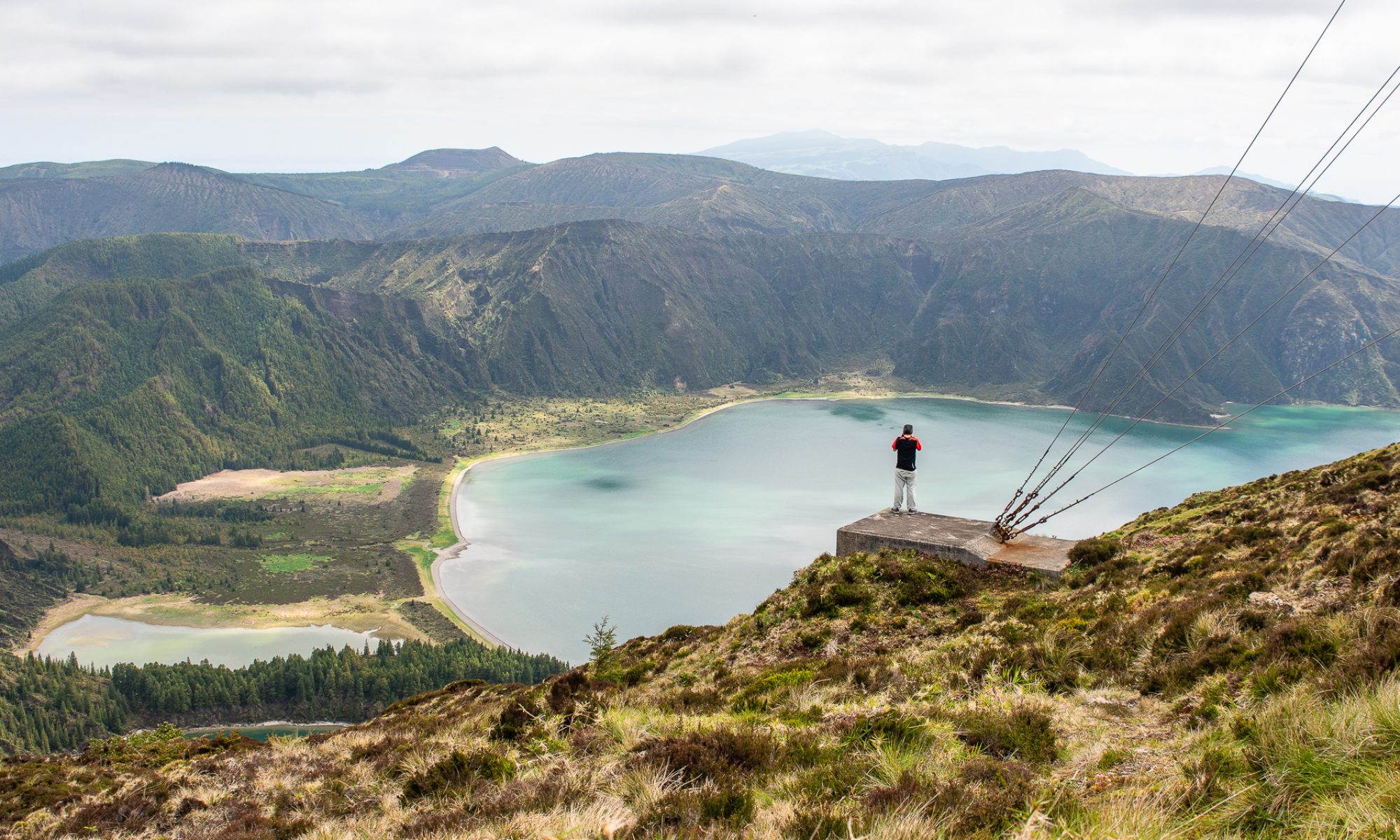There’s no question that the best way to learn about filmmaking is to shoot, edit and make a lot of useful mistakes. The second best way is to watch movies, especially with commentaries so we can learn about the challenges other people have and how they solved them. And the third approach is to read great books.
Today’s post is a simple list of the filmmaking books that have inspired me over the years, and that I recommend or gift most often. Here we go!
The Books
Perhaps the two books Ive gifted the most are The Filmmaker’s Eye: Learning (and Breaking) the Rules of Cinematic Composition by Gustavo Mercado, which is essentially about “Understanding the rules of cinematography and how to successfully break them. and Rebel without a Crew by Robert Rodriguez.
Christopher Kenworthy has authored two books I consider outstanding: 100 Ways to Shoot Great Dialogue Scenes and Master Shots: 100 Advanced Camera Techniques to Get An Expensive Look on your Low Budget Movie. Both are truly inspiring.
The more I learn about editing, the more efficient I am as a director of photography. There are three books I’d highly recommend: Great Cuts Every Filmmaker and Movie Lover Must Know by Gael Chandler, The Technique of Film and Video Editing: History, Theory, and Practice by Ken Dancyger, and In the Blink of an Eye: A Perspective on Film Editing by Walter Murch.
If you are interested in directing, Michael Rabiger’s Directing: Film Techniques and Aesthetics, Film Directing Shot by Shot by Steve Katz, and Directing Actors: Creating Memorable Performances for Film & Television by Judith Weston.
For those interested in production, The Big Picture: Filmmaking Lessons from a Life on the Set by Tom Reilly, The Complete Film Production Handbook by Eve Light Honthaner, and Making Movies by Sidney Lumet.
There are lots of technical books that are too hard to digest. A few exceptions are The Color Correction Handbook: Professional Techniques for Video and Cinema by Alexis Van Hurkman Cutting Rhythms: Shaping the Film Edit by Karen Pearlman
and Cinematography: Theory and Practice: Image Making for Cinematographers and Directors by Blain Brown
To understand the power of color as a storytelling tool, there’s no better resource than If It’s Purple, Someone’s Gonna Die by Patti Bellantoni.
And last but not least, really fun books that deliver lots of educational content even though they are not “technical”: Cabinet of Curiosities: My Notebooks, Collections, and Other Obsessions by Guillermo del Toro, The Philosophy of the Coen Brothers by Mark T. Conard, Hitchcock by Francois Truffaut, and Something Like An Autobiography by Akira Kurosawa.
The complete list is available here. If you know of an amazing book that I’ve missed please recommend it to me.
